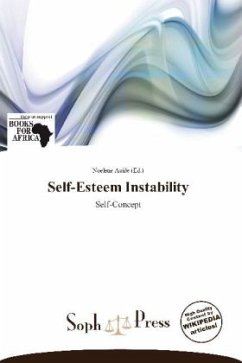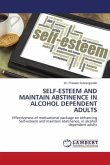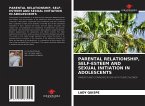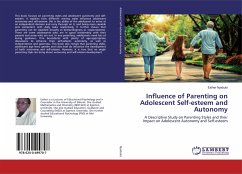Self-esteem stability refers to immediate feelings of self-esteem which, generally, will not be influenced by everyday positive or negative experiences. In contrast, unstable self-esteem refers to fragile and vulnerable feelings of self-esteem which will be influenced by internally generated, such as reflecting on one's social life, and externally received evaluative information, for example a compliment or a failed course. Rosenberg makes a distinction of baseline instability and barometric instability. Baseline instability are long term fluctuations in self-esteem that occur slowly and over an extended period of time. For example, decreases in self-esteem level are common as children transition from the relatively safe environs of elementary school to the more turbulent middle school environment, often followed by slow but steady increases in self-esteem through the high school years. Barometric instability, on the other hand, reflects short term fluctuations in one s contextually based global self-esteem.








